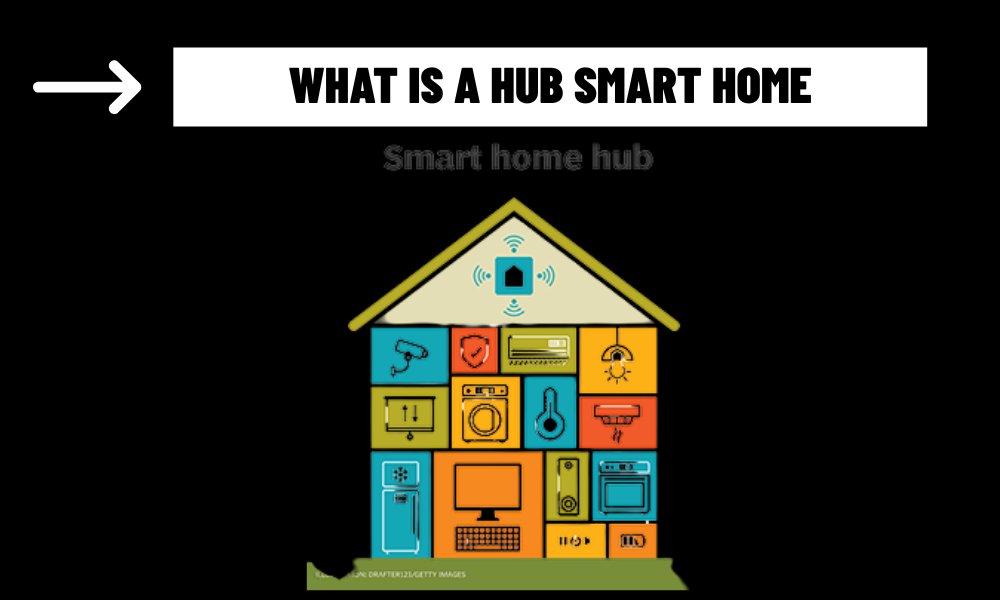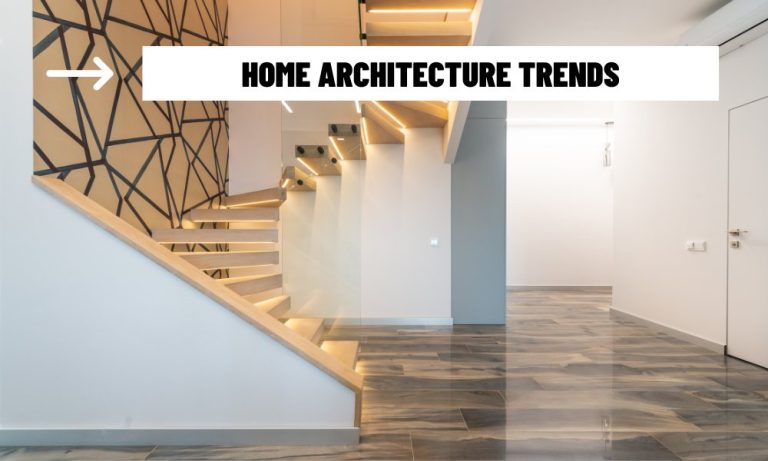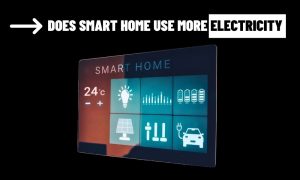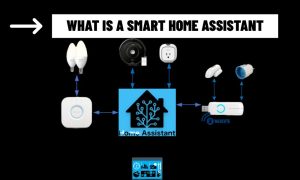What is a Smart Home Hub?
As the world becomes more interconnected, the way we manage our homes is changing. Smart home hubs play a pivotal role in this transformation, acting as central control points for all your connected devices. But what exactly is a smart home hub, and why is it essential for building an efficient, automated home? Let’s take a deeper dive into this innovative technology.
Understanding the Role of a Smart Home Hub
At its core, a smart home hub is a device that connects all the smart gadgets in your home, such as smart lights, thermostats, door locks, and security cameras. Think of it as the central nervous system of your smart home. Without it, these devices would function independently, with no coordination or communication between them. The hub makes sure that everything works together harmoniously.
How Does a Smart Home Hub Work?
A smart home hub typically serves two key functions: communication and control. The hub ensures that all devices, whether they are connected via Wi-Fi, Z-Wave, Zigbee, or Bluetooth, can communicate with one another, even if they use different communication protocols. This interoperability is one of the most significant advantages of using a hub.
For example, if you have a Zigbee-compatible smart light and a Z-Wave-compatible security camera, the hub allows these devices to work together seamlessly, even though they use different technologies. Once set up, the hub allows you to control these devices via a single app, voice commands, or automated routines. You can adjust your thermostat, turn off the lights, or lock the doors all at once, simplifying your home management.
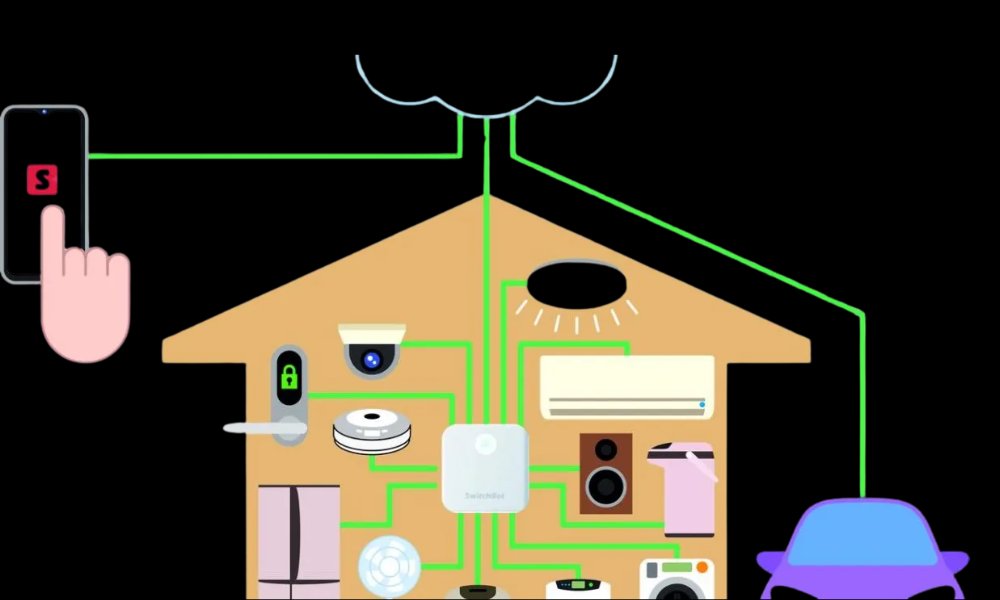
Why Do You Need a Hub in Your Smart Home?
Many people wonder if they really need a smart home hub or if they can manage their devices directly from individual apps. While it is possible to control some devices separately through their individual apps, a smart home hub offers several key advantages:
Centralized Control: Instead of juggling multiple apps, a hub brings everything into one place, making it easier to control and monitor all devices. You no longer need to worry about switching between different apps to manage lights, security cameras, or thermostats.
Automation: Smart home hubs enable automation, where devices can trigger actions based on specific events. For instance, you can set your thermostat to adjust when you leave the house or have your lights turn on when you return home. This level of integration isn’t achievable without a hub.
Increased Compatibility: A hub can connect devices from various brands and make them work together, something that many standalone devices can’t do. For example, a Google Nest Thermostat can work alongside Philips Hue lights via a smart hub, even though they are made by different manufacturers.
Voice Control: If you integrate a hub with a voice assistant like Amazon Alexa or Google Assistant, you can control all of your smart devices using voice commands, making the system even more user-friendly.
Popular Smart Home Hubs
There are several smart home hubs on the market, and choosing the right one depends on your preferences and existing devices. Popular options include:
Amazon Echo: Powered by Alexa, Echo devices serve as both a smart speaker and a hub, supporting a wide range of smart devices.
Samsung SmartThings Hub: This is one of the most popular hubs due to its broad compatibility with Zigbee, Z-Wave, and Wi-Fi devices.
Apple HomePod: With HomeKit, Apple’s HomePod acts as a smart hub for managing devices within Apple’s ecosystem.
Conclusion
In conclusion, a smart home hub is an essential component of any truly connected home. It simplifies device management, enhances automation, and allows for better interoperability between various smart home products. Whether you’re looking to create a more efficient, secure, or convenient living space, integrating a hub into your smart home is a great way to ensure all your devices work together seamlessly. As home automation continues to grow, the role of the smart home hub will only become more central to creating a fully integrated, intelligent living environment.
